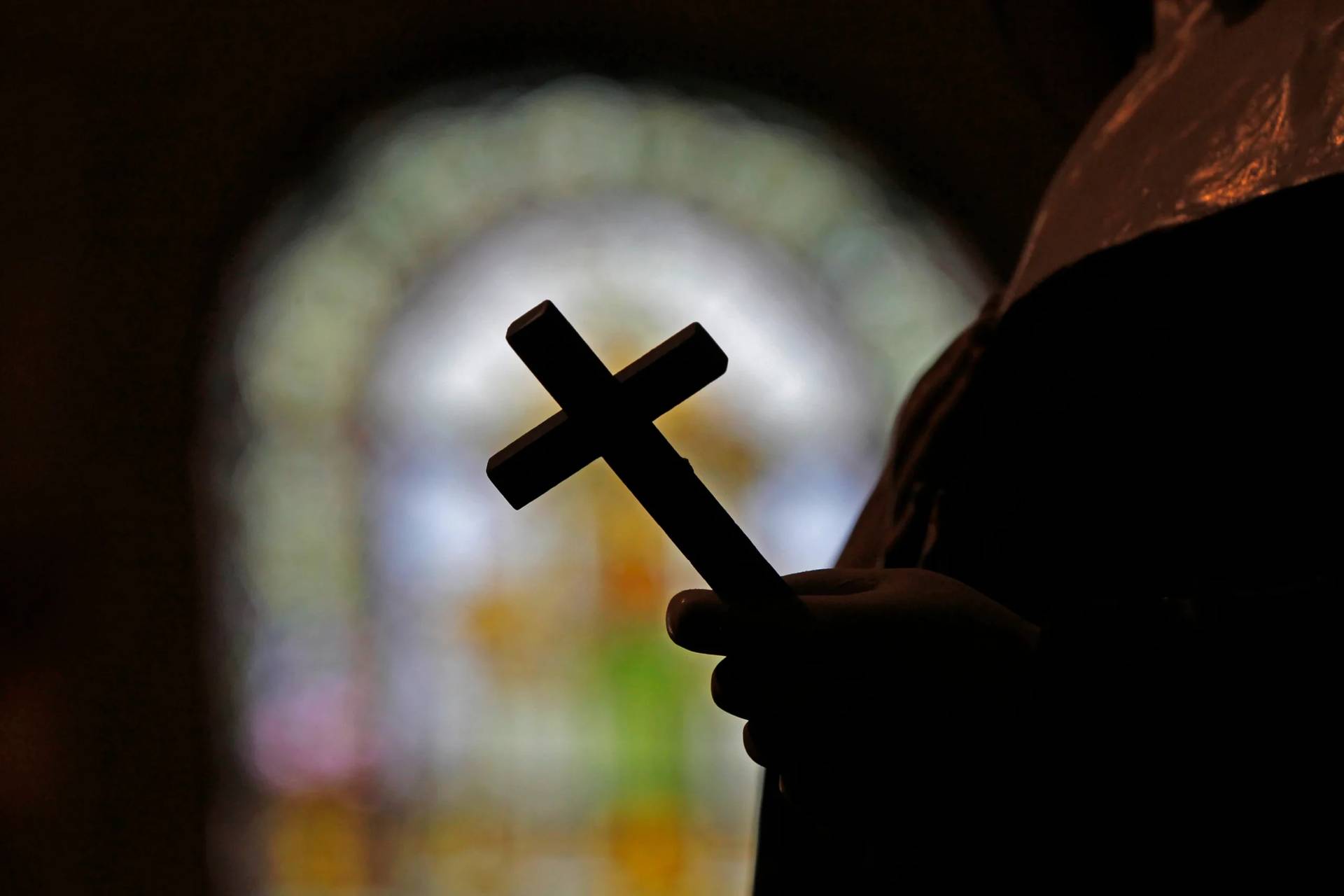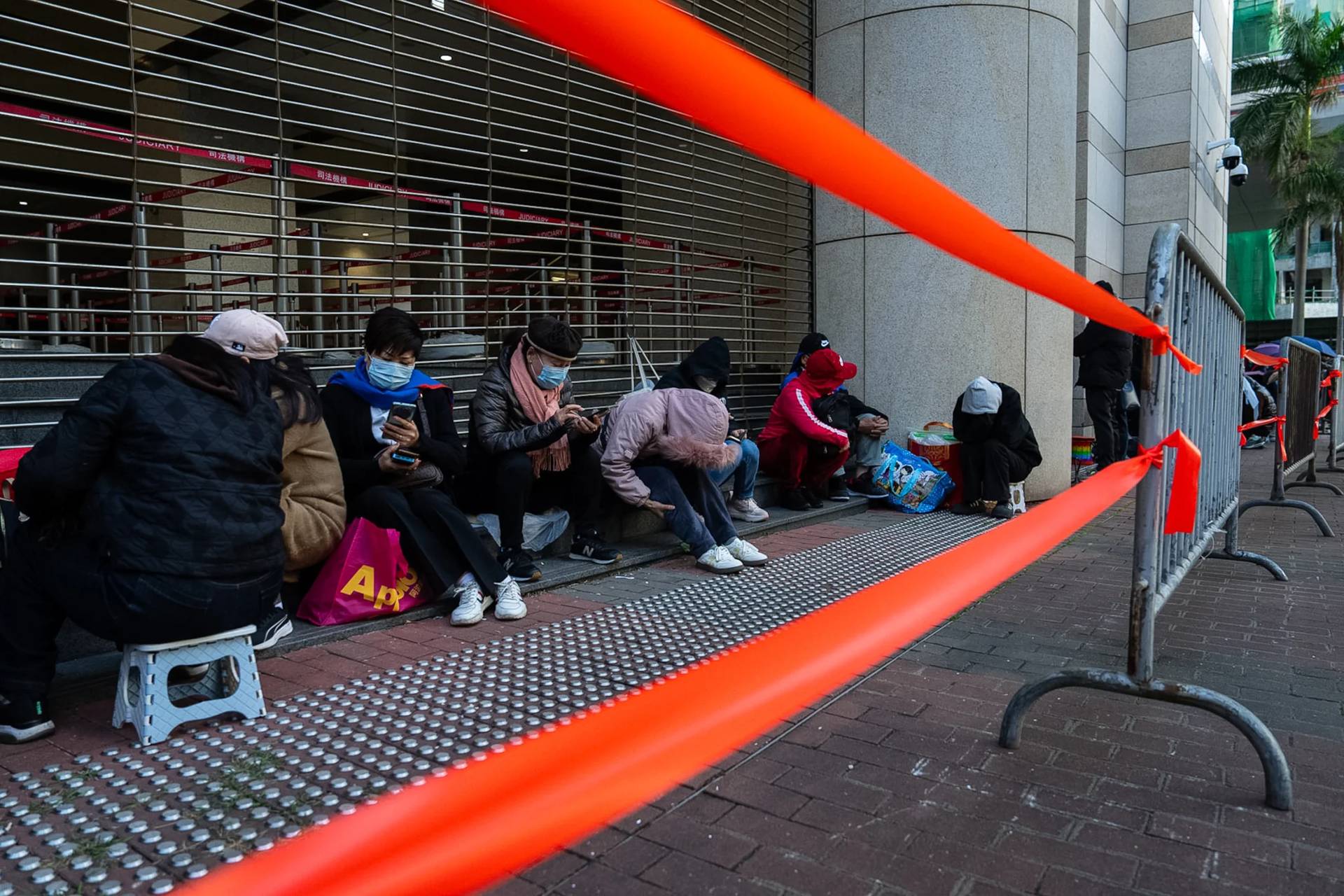NEW YORK — In a landmark 8-page letter to U.S. bishops who are on retreat in response to the clergy sexual abuse crisis that has engulfed the American Church, Pope Francis called for a “new ecclesial season” led by bishops who are more than administrators interested in “pointing fingers,” and instead, leadership marked by “collegial spiritual fatherhood,” rooted in humility and unity.
Prior to offering a prescription for the current predicament, Francis began by diagnosing the problem of the Church’s loss of credibility, not only for the “sins and crimes” of abuse, but “even more by the efforts to deny or conceal them.”
“This has led to a growing sense of uncertainty, distrust and vulnerability among the faithful,” he lamented.
The pope’s letter was presented on Wednesday at the start of an unprecedented weeklong retreat at Mundelein Seminary near Chicago.
“These have been times of turbulence in the lives of all those victims who suffered in their flesh the abuse of power and conscience and sexual abuse on the part of ordained ministers, male and female religious, and lay faithful. But times of turbulence and suffering also for families and for the entire People of God,” he decried.
“We know that, given the seriousness of the situation, no response or approach seems adequate,” he wrote.
The retreat, which was announced in October 23, comes at the invitation of Francis following a September meeting between the pontiff and a delegation from the United States Conference of Catholic Bishops (USCCB) over an American request for a Vatican-led investigation into former Cardinal Archbishop Theodore McCarrick, whose downfall ignited a crisis in the American Catholic Church’s response to sexual abuse.
Although the pope did not grant the request for an investigation — with the Vatican later noting that a release of McCarrick-related evidence would be forthcoming — the pontiff instead proposed the retreat as a way of addressing the crisis.
In his letter, the pope noted that although he could not be physically present for the retreat, he expressed his hope that his words could “accompany” the bishops during their time together.
In acknowledging the “culture of abuse,” that is currently roiling the U.S. Church, Francis said “the hurt caused by these sins and crimes has also deeply affected the communion of bishops, and generated not the sort of healthy and necessary disagreements and tensions found within any living body, but rather division and dispersion.”
In outlining a way forward, Francis said the solution to the bishops’ loss of credibility “cannot be regained by issuing stern decrees or by simply creating new committees or improving flow charts, as if we were in charge of a department of human resources.”
Such a move would reduce the role of bishops and the Church to “administrative or organizational function in the ‘evangelization business,’” he warned.
Rather than issues of mere management, Francis challenged the U.S. bishops that they must seek a new mindset that reorients the manner in which they approach prayer, power, money, and relating to the world in general.
In short, he re-upped his call for a “pastoral conversion” to change a culture which he posited allowed for a culture of abuse to fester.
Francis went on to challenge that the “new ecclesial season” which he was calling for is not one merely driven by ideas, but spiritual discernment among the people of God, further cautioning “our catholicity is at stake.”
“We know that times of trial and tribulation can threaten our fraternal communion,” he wrote, “Yet we also know that they can be times of grace sustaining our commitment to Christ and making it credible.”
Francis went on to heed that pastors must be willing to listen and learn from mistakes and not to act defensively as a necessary step for reconciliation, both among one another and with their larger flock.
He concluded his letter with a challenge to bishops that they must work to restore holiness and regain trust — a trust evidenced by “humble and generous service to all, but especially to those dearest to the Lord’s heart.”
At the start of the retreat, president of the USCCB, Cardinal Daniel DiNardo sent a message to Francis where he said “We carry with us these days the pain and hope of all who may feel let down by the Church. Yet, we find ourselves grateful for the reminder that the future does not rest with any of us alone, but rather belongs to God. Hope is to be found in Christ. In Him, hope becomes unshakable.”
“Holy Father, we also draw near to you in our prayer and ministry,” he continued. “Your witness to those suffering around the world strengthens us. May our days together reflect the communion of the Universal Church.”
The letter was provided to the bishops on Wednesday in both English and Spanish for reflection during the retreat’s Holy Hours. Each evening of the retreat includes an optional hour of Eucharistic Adoration.
RELATED: Silence, confession to dominate US bishops’ retreat on abuse crisis
Last April, Francis penned a similar letter to the bishops of Chile during their visit to Rome following his January trip to the country in which the pope was widely criticized for his handling of the Chilean sex abuse crisis.
In that letter he admitted to “serious mistakes” and asked for forgiveness to his response to the crisis in which a number of prelates had been accused of covering up for known abusers.
During their time together, the U.S. bishops will hear twice daily reflections from the preacher to the papal household, Capuchin friar Father Raniero Cantalamessa.
The retreat, which is largely being held in silence, will conclude on January 8.















